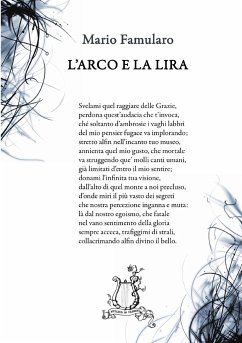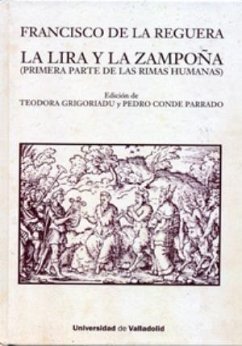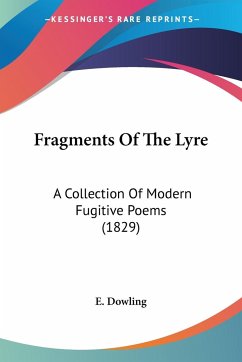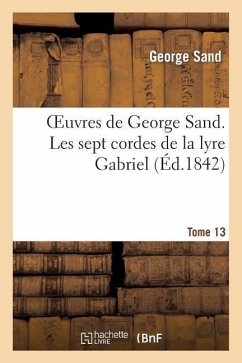
The Silent Lyre/La Lira Silente
Early Sonnets of/Primi Sonetti di Edna St. Vincent Millay
Versandkostenfrei!
Versandfertig in 1-2 Wochen
21,99 €
inkl. MwSt.

PAYBACK Punkte
11 °P sammeln!
These sonnets are among the most beautiful of her early compositions. While the novelist, architect, and poet Thomas Hardy equated Millay’s sonnets with America’s great skyscrapers, the American intelligentsia, no doubt influenced by her popularity, awarded her the Pulitzer Prize in 1923, at thirty-one years of age, the third woman to have won the award for poetry. Questi sonetti sono fra le più belle poesie delle sue prime composizioni. Mentre il grande romanziere, architetto e poeta Thomas Hardy uguagliava la qualità dei sonetti di Millay all’eccellenza dei grattacieli americani, i l...
These sonnets are among the most beautiful of her early compositions. While the novelist, architect, and poet Thomas Hardy equated Millay’s sonnets with America’s great skyscrapers, the American intelligentsia, no doubt influenced by her popularity, awarded her the Pulitzer Prize in 1923, at thirty-one years of age, the third woman to have won the award for poetry. Questi sonetti sono fra le più belle poesie delle sue prime composizioni. Mentre il grande romanziere, architetto e poeta Thomas Hardy uguagliava la qualità dei sonetti di Millay all’eccellenza dei grattacieli americani, i letterati americani, da parte loro, anche con l’impeto della sua popolarità, hanno conferito alla Millay il Premio Pulitzer nel 1923 quando lei aveva 31 anni, la terza donna di aver vinto il premio per la poesia. The present translation does not attempt to recreate the sonnets’ rhyme and meter, which would have necessitated reworkings and adaptations to Italian rules of metric, ways of scanning, and required grammatical precision—to the detriment of Millay’s generally clear though woven meaning. Her quite regular iambic pentameter, has not been transformed to a regular endecasillabo, even though the poet’s rhyme schemes almost always follow Petrarchan patterns. Yet, the Italian translation does attempt as faithfully as possible to retain the true cadence, pace, and power of the poet's thought and feeling. Questa traduzione non intende riprodurre né la rima né la metrica dei sonetti originali, per cui sarebbero state necessarie rielaborarazioni e adattamenti alle regole di metrica italiane, ai modi di scansione e perfino alla requisita precisione grammaticale, a discapito del significato generalmente chiaro seppure intrecciato dei versi di Millay. Così il suo ben regolare giambo pentametro non è stato mutato in un endecasillabo regolare, anche se questi sonetti nell’originale attengono quasi sempre allo schema petrarchesco. In compenso la traduzione italiana cerca di ritenere fedelmente quanto più possibile, la cadenza, l’andatura, e la forza del sentimento e del pensiero della poeta. Un esempio: "If I should learn, in some quite casual way," Se io venissi a sapere, in modo piuttosto casuale,/Che tu fossi via, da non tornare mai più—/Leggendo nell’ultima pagina di un giornale, diciamo,/Tenuto da uno seduto vicino nella metropolitana,/Che all’angolo di questa strada/E che strada (così si riempiono i giornali)/Un uomo in fretta, che fosse per caso te,/Alle dodici oggi fosse stato ucciso,/Non piangerei ad alta voce—non potrei piangere/Forte, né torcermi le mani in tale luogo—/Ma fisserei passando di corsa le luci della stazione /Con espressione più attenta sul viso,/O alzerei gli occhi per leggere con più cautela/Dove riporre pellicce e come curare i capelli.












